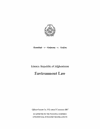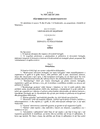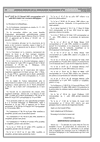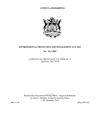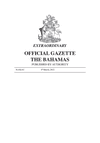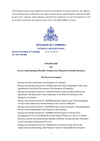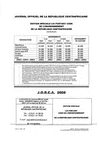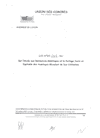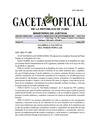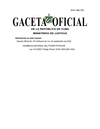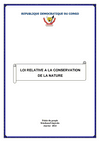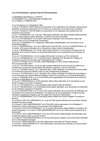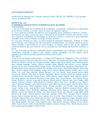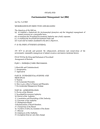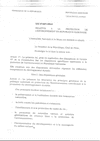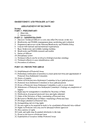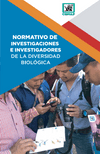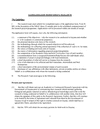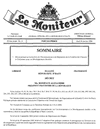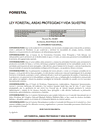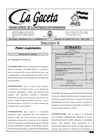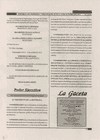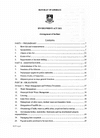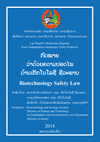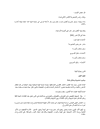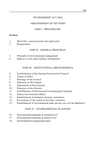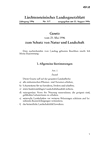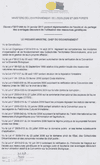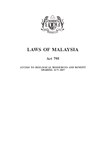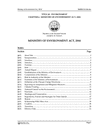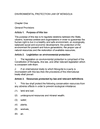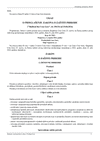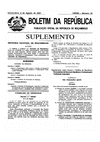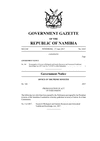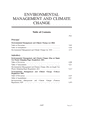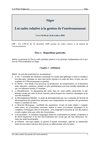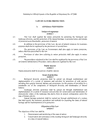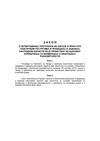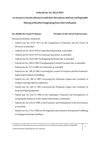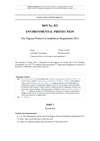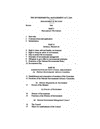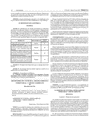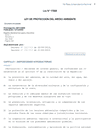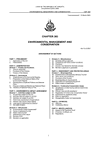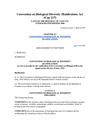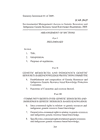Access and benefit-sharing
Source: Development of this subtopic was informed by the Nagoya Protocol, Halabi and Katz, and utilized data found in the national legislature websites for each country, as well as the ABS Clearing House, FAOLEX, and WIPO.
The scope of access and benefit-sharing (ABS) legislation is subject to much variation and ambiguity across the world. Early legal documents were initially intended to address animal and plant materials, but scientific advances have extended the meaning to encompass anything containing units of biological heredity, including pathogens and microbes. Furthermore, growing recognition of the exploitation of indigenous populations has led some countries to acknowledge the value of "traditional knowledge associated with genetic material." Here, we explore the extent to which global ABS legislation covers genetic resources (including or excluding microorganisms) and traditional knowledge.
Source: Development of this subtopic was informed by the Nagoya Protocol, Halabi and Katz, and Hampton et al, and utilized data found in the national legislature websites for each country, as well as the ABS Clearing House, FAOLEX, and WIPO.
Digital sequence information (DSI), sometimes referred to as genetic sequence data, refers to the sequence of DNA base pairs that constitute the genome of the biological sample. In some instances, countries have determined that DSI is outside the purview of ABS legislation and have explicitly excluded it, while other countries include DSI in ABS legislation. A small number of countries have not clarified their stance on DSI in legislation. The decision about whether to include or exclude DSI from ABS legislation is especially pertinent as worldwide technical capabilities to read and synthesize molecules from DSI develop and the need for physical samples decreases. This has potential impacts on health research, global equity, and intellectual property.
Source: Development of this subtopic was informed by the Nagoya Protocol, Halabi and Katz, and utilized data found in the national legislature websites for each country, as well as the ABS Clearing House, FAOLEX, and WIPO.
Access to resources refers to the ABS legislation governing how third parties can obtain, study, and export genetic material within a sovereign state. Sovereign states are often considered to have default ownership of the resources within their land, including biological resources. Where ownership is established, states are free to dictate how, if at all, third parties access their genetic material. Unrestricted access means that a country's legislation does not require any procedures or payment for a third party to access its resources. In all other cases, access to resources is defined as restricted – including in cases where prior consent, contractual terms, and/or benefit-sharing are required.
Source: Development of this subtopic was informed by the Nagoya Protocol, Halabi and Katz, and utilized data found in the national legislature websites for each country, as well as the ABS Clearing House, FAOLEX, and WIPO.
Among states that restrict access to genetic material, one mechanism is to require prior informed consent (PIC). PIC requires that parties engage in a transparent conversation about the material sought, the intended use, and the timeframe considered with the relevant national authority. When states require PIC, third parties must formally liaise with the owners of the genetic material prior to accessing it.
Source: Development of this subtopic was informed by the Nagoya Protocol, Halabi and Katz, and utilized data found in the national legislature websites for each country, as well as the ABS Clearing House, FAOLEX, and WIPO.
Among states that restrict access to genetic material, one mechanism is to require contractual terms of access which must be negotiated with the relevant authorities. Contractual terms include any legislation that requires a written contract, including MATs (Mutually Agreed Terms), MTAs (Material Transfer Agreements), ABS contracts, and more. Contractual terms may make access to genetic resources conditional on certain benefits.
Source: Development of this subtopic was informed by the Nagoya Protocol, Halabi and Katz, and utilized data found in the national legislature websites for each country, as well as the ABS Clearing House, FAOLEX, and WIPO.
Among states that restrict access to genetic material, one mechanism is to require benefit-sharing. Benefit-sharing refers to the benefits that the party accessing the genetic material needs to provide to the originator of the material, in exchange for the access. This may come in the form of monetary benefits, such as fees, percentages of revenue, or investments. They may also include non-monetary benefits, such as the transfer of technology, exchange of expertise, and academic publications. The specific terms are negotiated between the accessing party and the originating party, but countries may dictate certain minimum requirements.
Source: Development of this subtopic was informed by the Nagoya Protocol, Halabi and Katz, and utilized data found in the national legislature websites for each country, as well as the ABS Clearing House, FAOLEX, and WIPO.
Access to genetic material without complying with ABS legislation is considered biopiracy, and as such states should monitor compliance of all parties with the law. This includes monitoring mechanisms, record-keeping, and conflict-resolution processes. Compliance mechanisms may be specified within the ABS legislation or encompassed by the wider criminal code. Here, only compliance mechanisms directly referenced in ABS legislation are included.
Source: Development of this subtopic was informed by the Nagoya Protocol, Halabi and Katz, and utilized data found in the national legislature websites for each country, as well as the ABS Clearing House, FAOLEX, and WIPO.
Legal sanctions may be applied if there is a failure to comply with ABS legislation. These penalties may include a monetary fine, a ban from future access, and/or prosecution. Legal sanctions are sometimes specified within ABS legislation or may be encompassed by the wider criminal code. Here, only legal sanctions outlined in the ABS legislation are included.
Related treaty
Explore policies
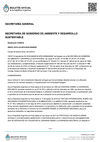
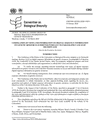
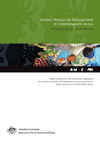
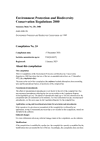

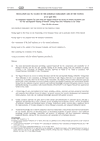
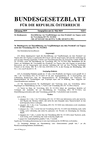

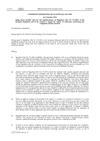
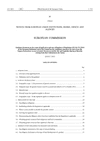
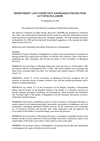
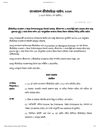
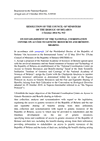
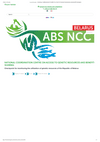


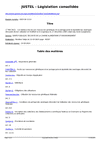



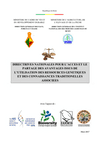
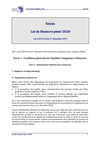
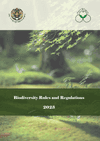

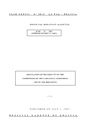
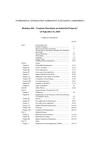
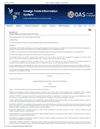
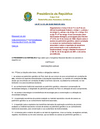

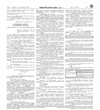



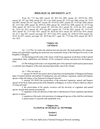

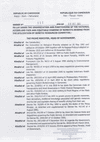
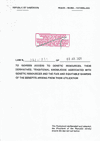
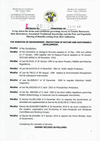
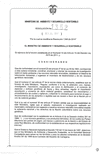
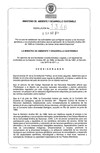
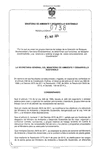
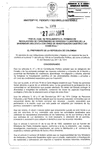
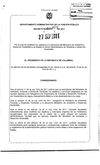
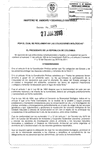
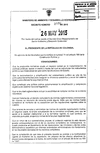



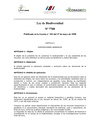
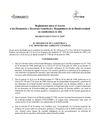
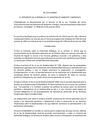


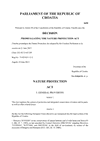
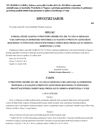



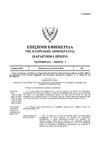







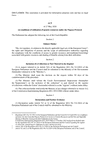


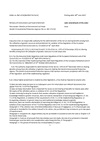
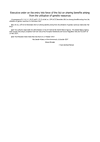


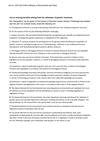

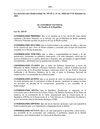
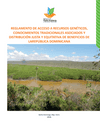
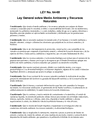
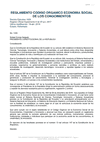
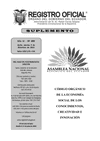
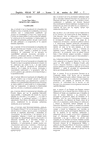
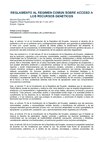



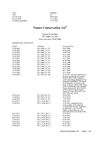




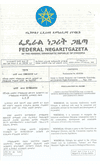
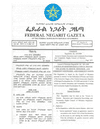



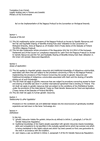


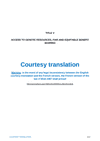
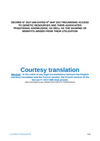






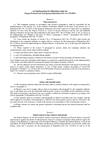


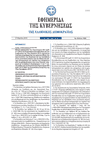




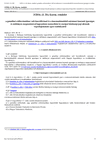



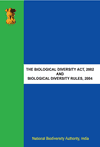
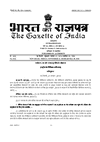

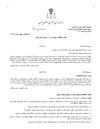
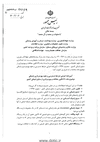

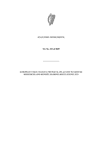









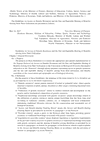

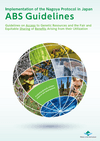
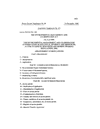
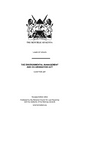
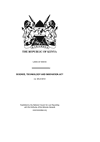

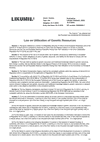








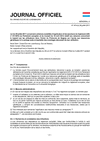



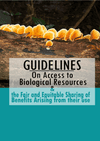
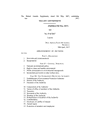

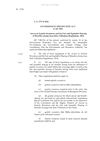



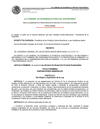
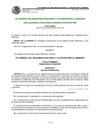

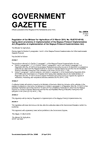

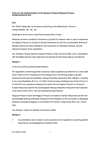



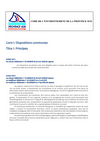
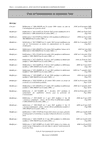
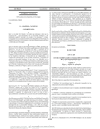
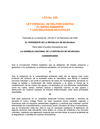
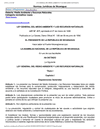
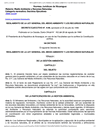
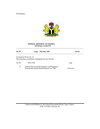
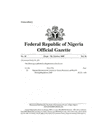
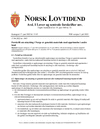
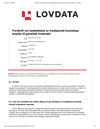
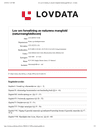
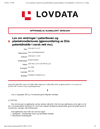
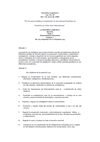
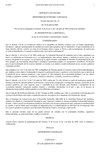
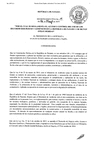
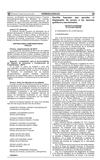
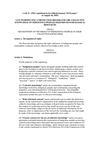


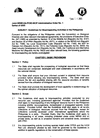
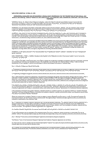
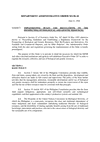



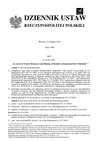


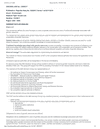



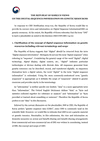
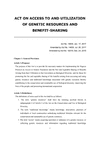
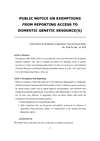

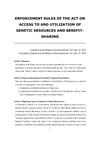
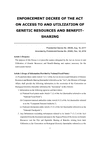


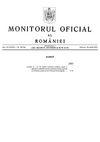



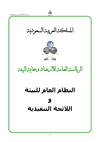
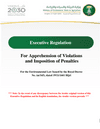
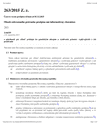




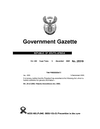
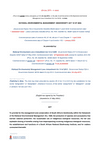

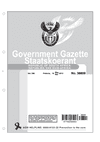
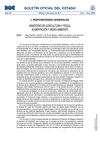

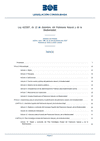




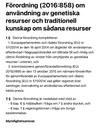
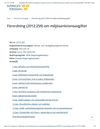



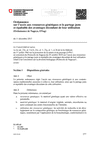
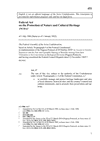
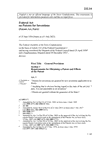

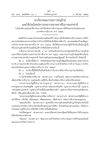
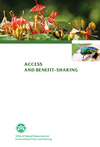
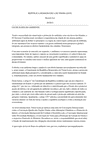
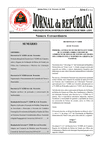
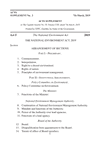
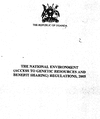
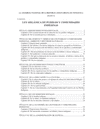
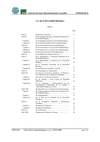
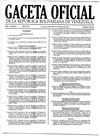
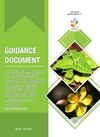
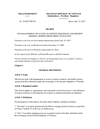
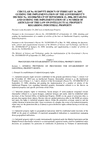
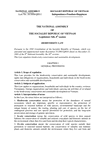
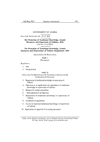
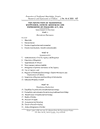
Download
Download a CSV of the country information that is displayed in the map above.
Download topic data